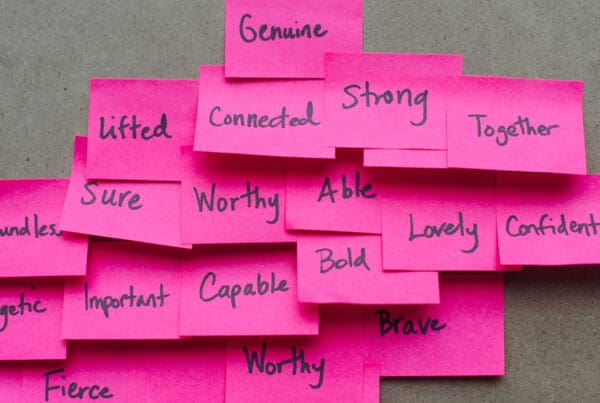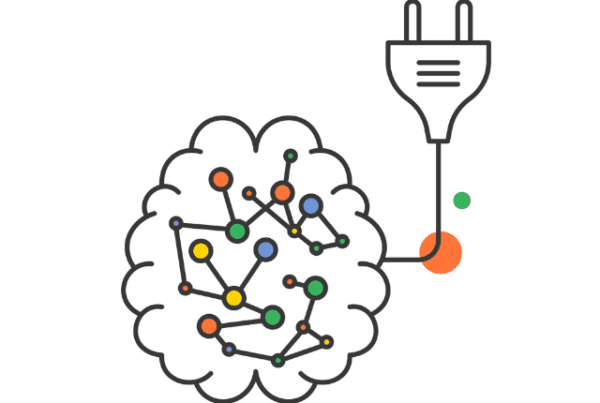As case counts rise again, it’s understandable if you are feeling worn down by the pandemic.
Pandemic fatigue, or frustration and restlessness that make it hard to feel motivated and follow safety protocols, is common. But it’s important that we all continue to work together to keep each other safe.
Try these tips to cope with fatigue and boost your energy.
Connect to community
Cultivating relationships helps boost resilience.
If you’re working on-site, take a moment to share stressors and successes with your co-workers during downtime. For those working from home, check in with your team via email or bond by sharing some funny or feel-good articles.
You can also: Read and share 55-word stories or chat with a peer supporter.
Practice gratitude
Even if you only have a couple minutes to spare, you can improve your mental health by thinking about what you are grateful for.
Before bed, write down three things that went well during your day and what role you had in making those things happen.
You can also: Tell a co-worker how much you appreciate them or send kudos to people outside your UW Medicine team to give thanks and spread encouragement.
Get some movement
We all know that exercise boasts a plethora of physical and mental health benefits, but that doesn’t mean it’s easy to find time (or motivation) for movement.
Make it easier on yourself by starting small with things like taking the stairs, going on a walk during lunch or stretching at your desk.
You can also: Join the Whole U for daily 15-minute yoga breaks (UW NetID required) or find a place to exercise at home or in your neighborhood.
Avoid self-medicating
After a long shift, it can be tempting to turn to alcohol or other substances to take the edge off your day.
If you’ve noticed yourself drinking more than usual, consider why you are using alcohol as a coping mechanism and reach out to help if you need it.
You can also: Share how you’re feeling with a close co-worker or friend, access free counseling sessions via UW CareLink or chat with a clinician from the Department of Psychiatry & Behavioral Sciences.
Reduce stress
Mindfulness meditation, a practice where you bring your attention to your breath, is a great way to decompress. Find a comfortable seat and notice your inhales and exhales, letting your thoughts pass through without judgement.
You can also: Listen to the Whole U’s stress less playlist, create some art or enjoy the outdoors on a walk or hike.
Monitor news intake
Most of us are guilty of endlessly scrolling through bad news on our phone from time to time.
Do your best to limit your news intake to a few trusted sources and set boundaries on when (and how long) you read social media and the news.
You can also: Entrust a friend to pass on the important headlines if reading the news is too overwhelming at the moment.
Remind yourself of what is important
You are doing incredible work to help keep our community safe.
Take a moment to acknowledge the tremendous effort you and your co-workers have put into caring for the community — especially over the course of this pandemic.
As our front-line workers start to receive the COVID-19 vaccine, the end of the pandemic is on the horizon.
Keep taking care of yourself and looking out for your co-workers. We will get to the other side of this pandemic together.


